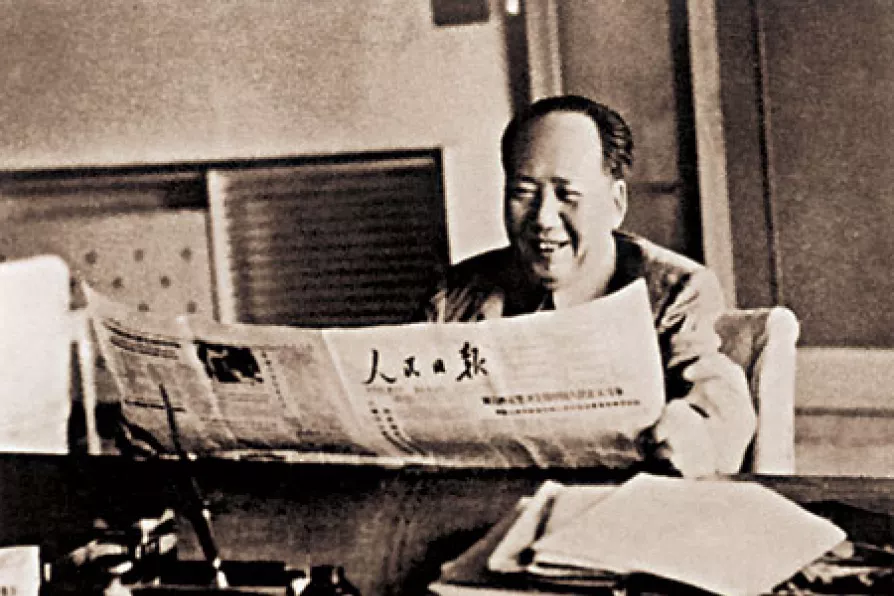From London’s holly-sellers to Engels’s flaming Christmas centrepiece, the plum pudding was more than festive fare in Victorian Britain, says KEITH FLETT

 Chairman Mao reading People's Daily in Hangzhou, 1961
Chairman Mao reading People's Daily in Hangzhou, 1961
BOXING Day marks 130 years since the birth of Chairman Mao — a revolutionary whose significance seems all the greater now given the rise of China.
China’s alleged reversion to Maoism under President Xi Jinping is a recurring theme in Western media. A year ago the Guardian was quoting the US-based academic Hu Ping on how Xi was “increasingly reverting to Mao” on domestic policy; outlets from the New York Times to Al Jazeera have referred to Xi as “the new Mao.”
China is certainly celebrating Mao this winter. A new film, When We Were Young, will depict his student years; a TV series, Kunpeng Strikes the Waves, will tell the story of his early activism and discovery of Marxism. The “kun” and “peng” are mythological creatures, or one creature, since the kun, a huge fish, transforms into the peng, a huge bird, whose flight, in the Taoist classic the Zhuangzi, causes storms lasting months and churns up the sea for hundreds of miles around: an indication of how great an impact Mao is deemed to have had on China’s history.

BEN CHACKO welcomes a masterful analysis that puts class struggle back at the heart of our understanding of China’s revolution













